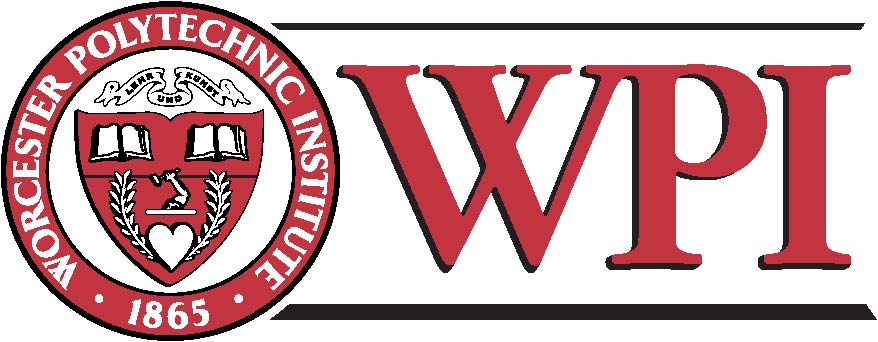I'm changing some things about my physics class now (even with only a few weeks left) and applying next year. I already do a large number of projects with the class, but I want to add these.
I'm changing the type of homework students will be getting. While they will still be getting some project work and physics problems for homework, they will also be getting a new type of homework that I think is much better and relates to them more. Their assignment each week will be to find something at home or something that they are interested in and see what physics concepts apply to it and how. They will then share it with the rest of the class. I think this will help them see why physics is important and make the class more relevant to them.
I'm also bringing back a project that I haven't done in a while: "How Does it Work". Students will pick a technology, product, sport, etc. and do a project explaining how it works and what the physics and science behind it are. They can present it as a PowerPoint, Prezi, web page, video, animation, poster, etc. It was very popular and the students learned a lot from it and I'm really not sure why I haven't used it lately.
These projects allow students to investigate things that are important or relevant to them, as well as providing different ways for them to show their understanding.
I'm always evaluating my class and the learning activities that are going on and reflected on what works and what doesn't. I think these two things will help make the class more interesting and relevant to the students and help them learn the concepts even better.
Related:
Making School Relevant for Students
10 Important Skills Students Need for the Future
Project Based Learning
Science of Everyday Life
Create a Personal Learning Network
Should we force students to learn? or How can we change schools to engage students?
Differentiating with Web 2.0 Technologies


























